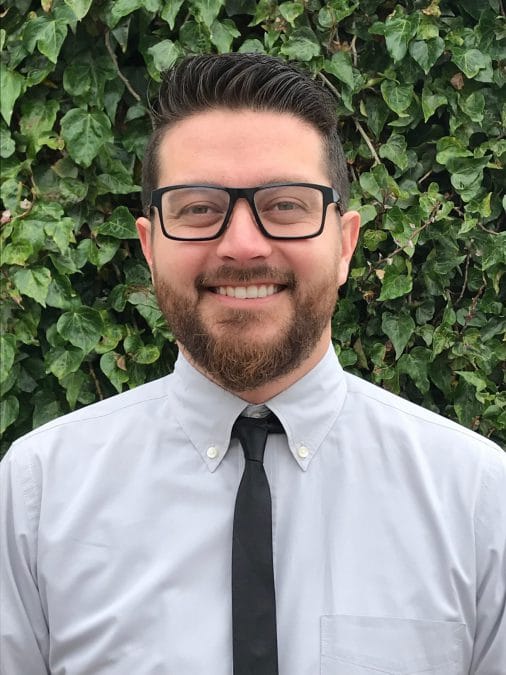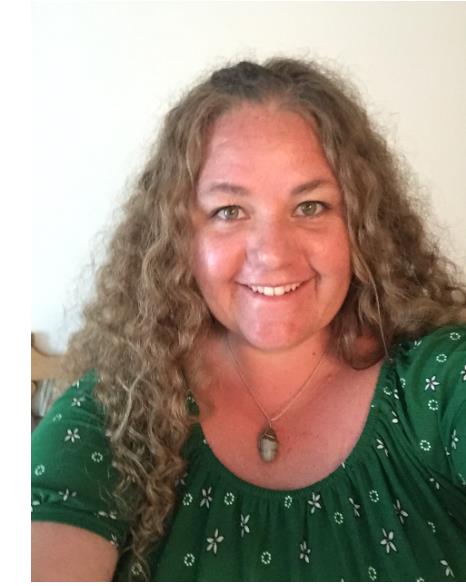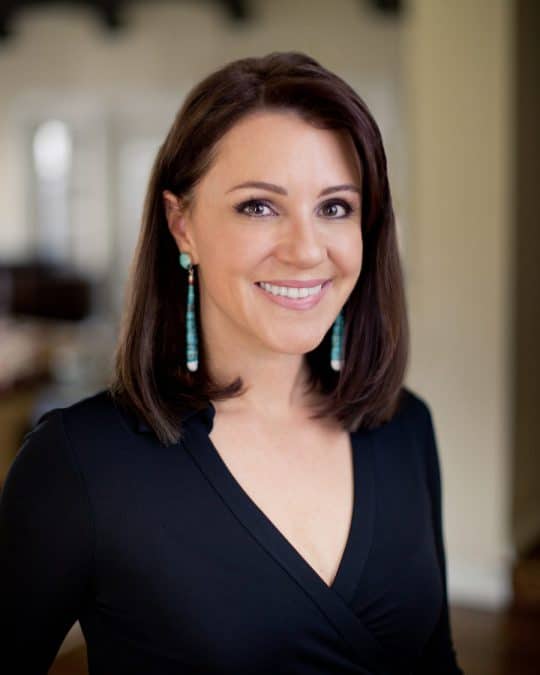In this episode, we talk to CPN’s Tribal Court Chief Justice about current civil rights issues, hear from a Tribal member about an unexpected turn in her employment, and learn how CPN Department of Education funding helped a student discover more about himself and his passions.
Tribal scholarship funds research of California freshwater fish

Studying freshwater fish near the Pacific Coast of California seems somewhat counterintuitive, but Citizen Potawatomi Nation member Max Murray spent his time in graduate school at the University of California, Los Angeles snorkeling on his knees in the desert to find them.
“A lot of the places that we were snorkeling, you’re kind of just like doing like pushups through a creek. It looks probably looks bizarre if you are just someone walking by, just kind of sticking your face into what looks like little puddles and looking around,” Murry said.
The DeLonais family descendant tried to fill knowledge gaps about freshwater fish for his dissertation. He graduated with a Master of Science in biology in the fall of 2019 with help of scholarships from the CPN Department of Education.
Citizen Potawatomi Nation member oversees personal protective equipment at Colorado hospital

Tescier family descendant Rebecca Gardom moved to Colorado earlier this year to work for the Veterans Association at the Eastern Colorado Health Care System. She has a masters in teaching the visually impaired, and the VA hired her as a blind rehabilitation specialist to teach blind or visually impaired veterans orientation and mobility skills.
However, the hospital quickly moved her to the Occupational Safety in Health Team at Rocky Mountain Regional during the coronavirus. She spent her time gathering and uploading data on the hospital’s Controlled Air Purifying Respirators – essential personal protection equipment for staff. She shares her experience taking on this unique and unanticipated task.
“There is a spiritual awakening for me, as I drew closer to Mamogosnan, our God, to say, maybe being the smiling face for somebody who is getting off a 12-hour shift and totally exhausted and letting them know, ‘Hey, I’m here to help you out,’” Gardom said.
“I’m just filled with joy and love and peace and kindness, and I really spread that to the best of my ability.”
Igwien (heartfelt thanks) to Gardom and all of the other CPN members who have shared their stories and how the pandemic has affected them, with both the Hownikan newspaper and podcast. We’ve enjoyed talking to all of you. Email your story to hownikan@potawatomi.org.
CPN’s Chief Justice on Native American mascots, use of race in marketing and branding

The country has seen corporations rethink their logos and advertising, the dismantling of statues and monuments, and the Washington NFL team agree to replace its mascot. Citizen Potawatomi Nation Tribal Court Chief Justice and Indigenous rights scholar Angela Riley sat down with Hownikan Podcast to discuss these events in the context of Indian Country.
“They are, by definition, symbolic acts because the statues and monuments themselves are symbolic of past events and our history. But at the same time, they’re much more than symbolic acts because they represent a groundswell of changing opinion by Americans and not just people of color, but of society as a whole, of really trying to, I think, reckon with the history of the United States, the process of colonization, the impacts of slavery and the ongoing costs of that history to people living today,” Justice Riley said.
For more information about CPN’s judicial branch, visit potawatomi.org/government/judicial-branch.
Hownikan Podcast is produced and distributed by Citizen Potawatomi Nation’s Public Information Department. Subscribe to Hownikan Podcast on Apple Podcasts, Spotify, SoundCloud and wherever you find your favorite shows. Find digital editions of the Tribal newspaper here.
